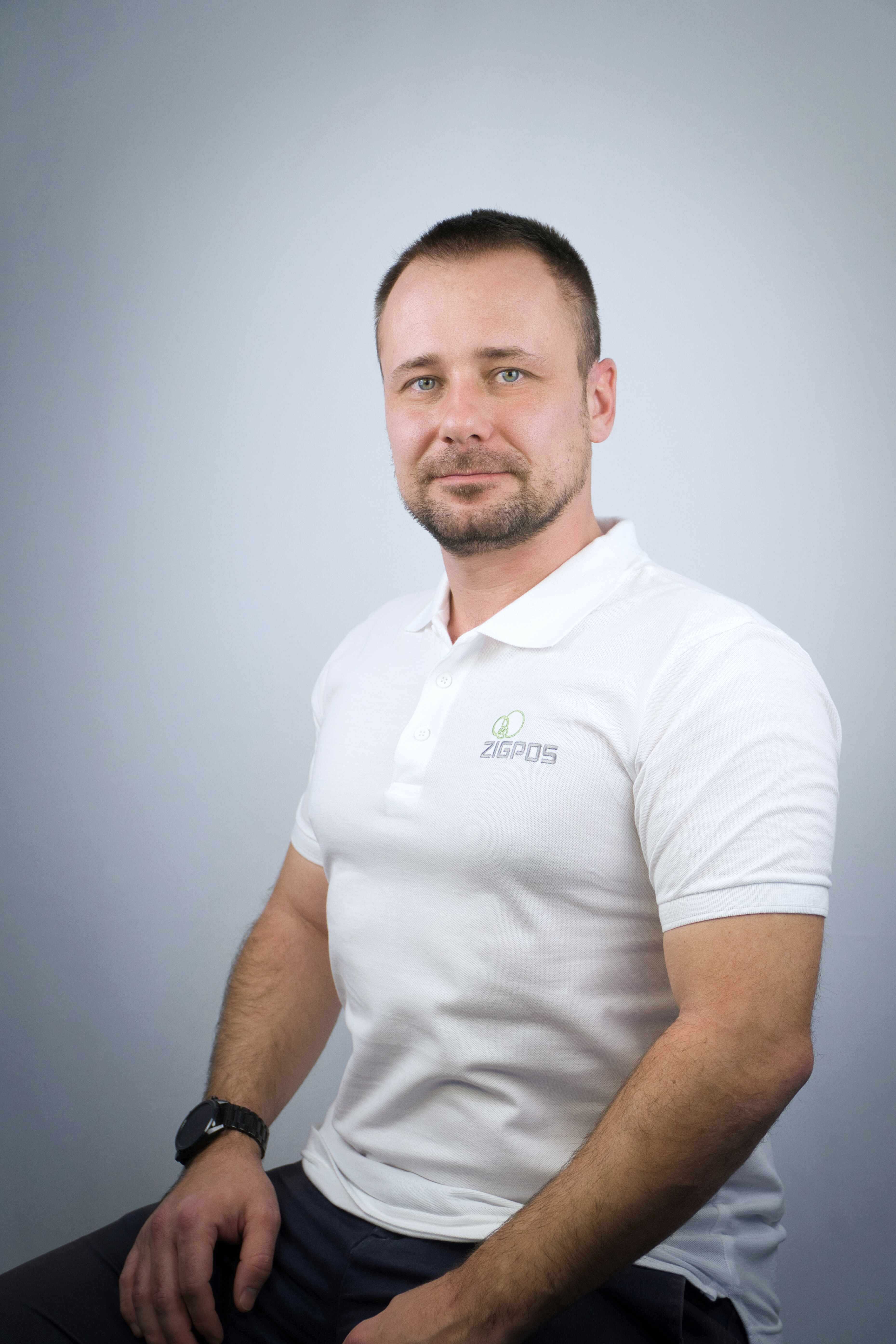Device-level Interoperability in UWB-based Real-Time-Locating-Systems enabled by the omlox Core Zone v2 Specification
Digitalizing industrial sites and manufacturing floors can provide significant productivity gains. Although digital use-cases and applications see an increasing adoption, they often lack a proper basis of data and, hence, rely on an ongoing manual effort in feeding digital signals. The ability to locate objects, assets or people in real-time in an industrial space, creates the perfect data foundation for digital twins in a cyber-physical system.
Therefore, real-time locating systems (RTLS) see an increasing interest in industrial environments, logistics, health care, retail, transportation, and others. RTLS usually consist of fixed infrastructure devices (called satellites or anchors) and mobile devices (called tags) to be tracked. Satellites and tags communicate with each other (e.g., via a radio like for GNSS/GPS or Bluetooth Low Energy) enabling either satellites to determine the position of tags (i.e., tracking) or enabling tags to locate themselves (i.e., self-location).
In recent years, ultra-wideband (UWB) radio stood-out to become the leading technology for indoor (but not limited to indoor) RTLS. In contrast to other narrow-band or wide-band radio technologies, UWB is an impulse-radio that uses extremely sharp pulses of a few nanoseconds. This enables UWB-systems to measure distances at cm-level precision and high robustness. Several distances can be combined to determine a position.
This white paper complements the “An Overview of Ultra-WideBand (UWB) Standards (IEEE 802.15.4, FiRa, Apple): Interoperability Aspects and Future Research Directions” paper by Coppens et.al. on Multiple Access Schemes and Vendor Interoperability.


